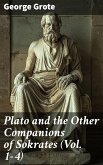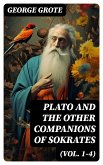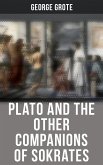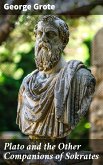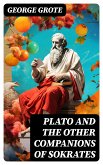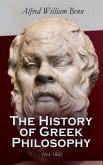Thanks to the publication of Plato and the Other Companions of Sokrates, George Groves was renowned as "the greatest nineteenth-century Plato scholar". In the reface to this book, the author says, he's chosen the characters of Plato and Socrates, as they are interesting and important characters in philosophy and history. The personality of Socrates has become legendary. Yet, the period of his greatest achievement coincided with work and life od other important philosophers. This book tells about important leaders of thought from the Socrates circles: Xenophon, Kriton, Protagoras, Parmenides, Menon and others. It may be used an as supplementary source for learning philosophy and for individual research on the history of philosophy. According to the author, this book is a sequel and supplement to his major opus "The History of Greece."
Dieser Download kann aus rechtlichen Gründen nur mit Rechnungsadresse in A, B, BG, CY, CZ, D, DK, EW, E, FIN, F, GR, H, IRL, I, LT, L, LR, M, NL, PL, P, R, S, SLO, SK ausgeliefert werden.



